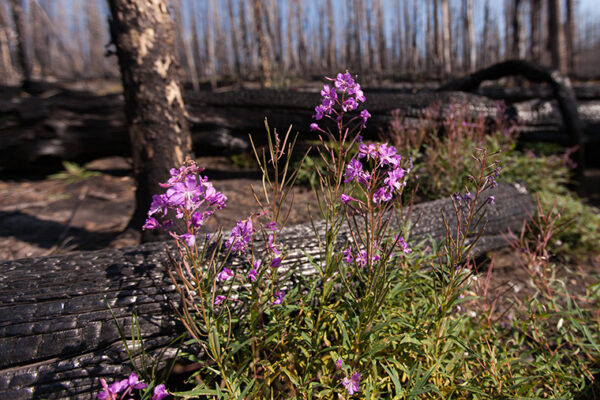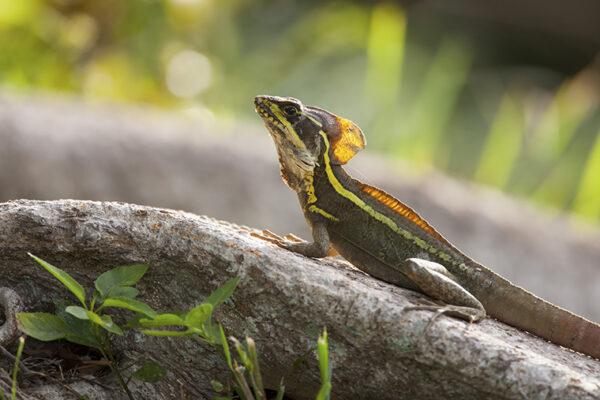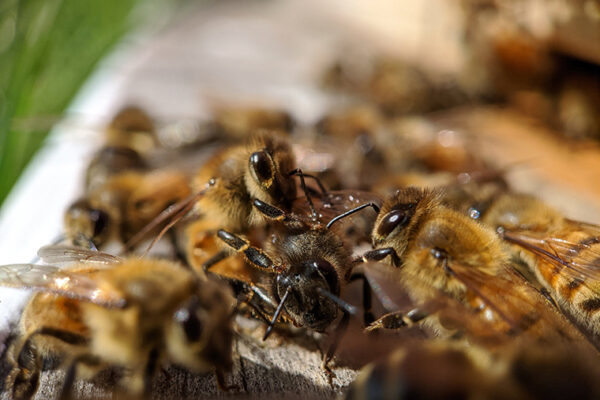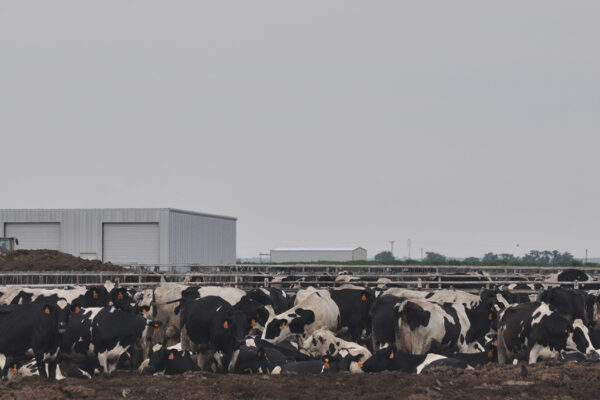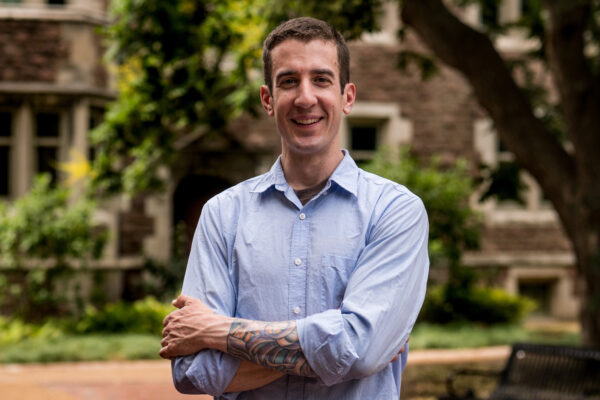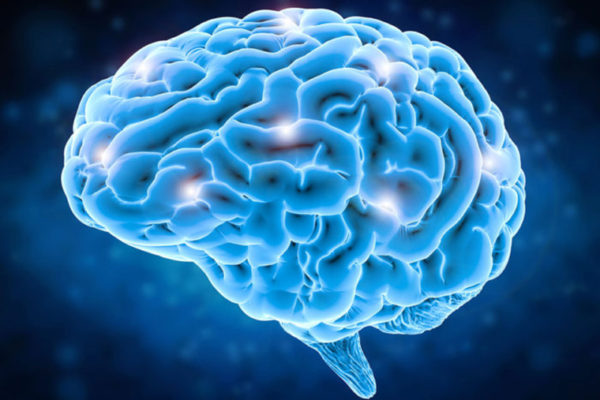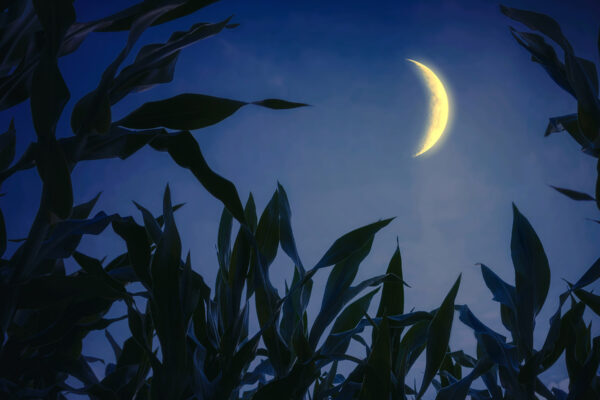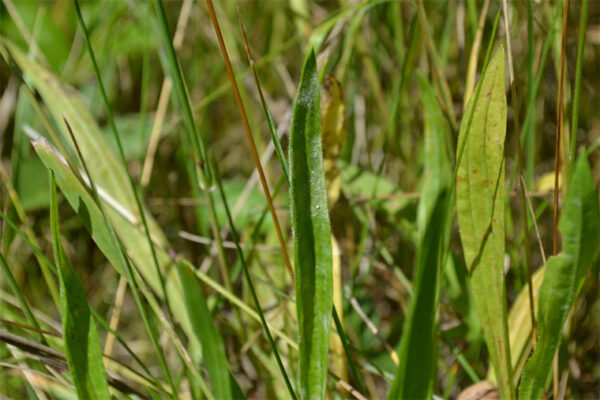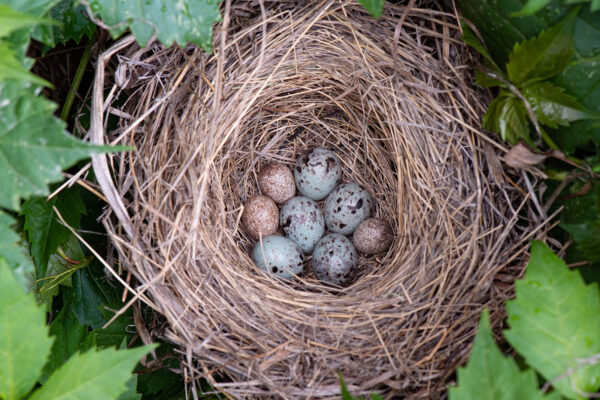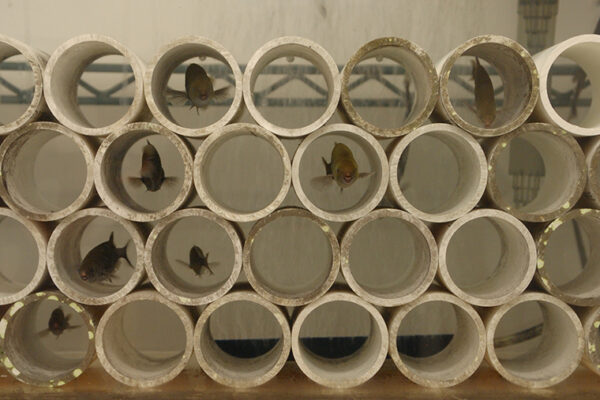In fire-prone West, plants need their pollinators — and vice versa
A new study from the northern Rockies explores the role of fire in the finely tuned dance between plants and their pollinators. The research from biologists including Jonathan Myers in Arts & Sciences at Washington University in St. Louis is published Nov. 25 in the Journal of Ecology.
What cold lizards in Miami can tell us about climate change resilience
Scaled survivors of the coldest night in south Florida’s recent history all converged on the same new, lower limit of thermal tolerance, regardless of their species’ previous ability to withstand cold. Biologist James Stroud in Arts & Sciences at Washington University in St. Louis led the team that reported the findings in the journal Biology Letters.
‘Honey bee, it’s me’
New research from Washington University in St. Louis shows that honey bees rely on chemical cues related to their shared gut microbial communities, instead of genetic relatedness, to identify members of their colony.
Sicker livestock may increase climate woes
Climate change is affecting the spread and severity of infectious diseases around the world — and infectious diseases may in turn be contributing to climate change, according to new research from Washington University’s Living Earth Collaborative working group led by biologist Amanda Koltz in Arts & Sciences.
Hengen awarded $1.8M to study sleep’s contribution to brain function
Keith Hengen, assistant professor of biology in Arts & Sciences at Washington University in St. Louis, received a three-year $1.8 million grant to study the role of sleep and waking behavior in shaping the brain’s neural dynamics. His research will help scientists understand how sleep contributes to healthy cognition and shed light on the mechanisms by which disrupted sleep worsens neurodegenerative and mental health disorders.
Brain & Behavior Research Foundation awards grants to three researchers
Kirsten Gilbert Alberts and Emma Johnson at the School of Medicine and Keith Hengen in Arts & Sciences each received $70,000 Young Investigator grants from the Brain & Behavior Research Foundation, an organization that is committed to alleviating the suffering caused by mental illness by supporting research that will lead to advances and breakthroughs in scientific research.
How plants survive in the dark
Deprived of light, plants are unable to transform carbon dioxide from the atmosphere into sugar molecules. New research led by biologist Richard Vierstra in Arts & Sciences at Washington University in St. Louis provides an in-depth look at how maize responds at a cellular level.
Once infected, twice infected
Biologist Rachel Penczykowski in Arts & Sciences conducted a series of elegant experiments that capture how pathogen strains naturally accumulate on plants over a growing season. Her findings, reported in Nature Ecology & Evolution, reveal the importance of understanding interactions among pathogens when developing strategies for maintaining healthy crop populations.
Meet the hedge fund managers of avian world
Carlos Botero, assistant professor of biology in Arts & Sciences at Washington University in St. Louis, finds that parasitic birds living in more variable and unpredictable habitats tend to hedge their bets by laying eggs in the nests of a greater variety and number of hosts. The study is published Aug. 21 in Nature Communications.
Zeroing out their own zap
African fish called mormyrids communicate using pulses of electricity. New research from biologists in Arts & Sciences shows that a time-shifted signal in the brain helps the fish to ignore their own pulse. This skill has co-evolved with large and rapid changes in these signals across species.
View More Stories
